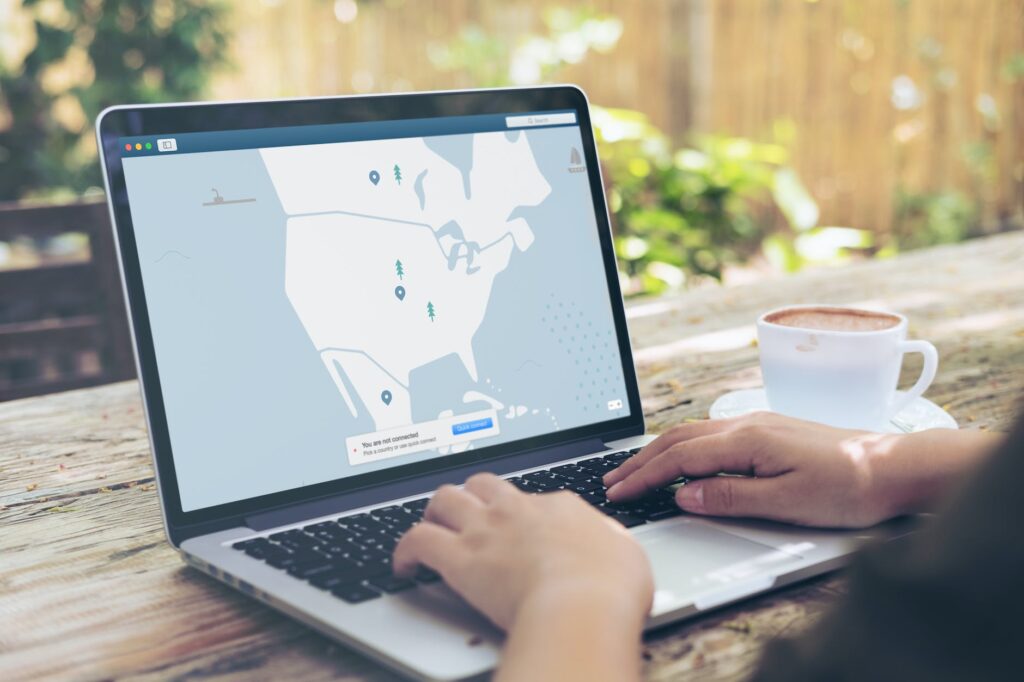Here’s a cleaned-up version of your article formatted for use as a blog post in WordPress with basic HTML structure.
“`html
Understanding the Significance of VPN Security in the Modern Digital Landscape
In today’s digitally-driven world, ensuring the security and privacy of online activities has become more crucial than ever. Virtual Private Networks (VPNs) stand as a robust solution, providing anonymity and security to internet users across the globe. With the proliferation of cyber threats and increased surveillance, VPN security plays a pivotal role in safeguarding personal and professional data from prying eyes.
The Essence of VPN Security
A Virtual Private Network (VPN) encrypts internet traffic, creating a secure tunnel between the user’s device and the internet. This process shields the user’s online activities from hackers, government surveillance, and even Internet Service Providers (ISPs). As the digital landscape evolves, the security protocols used by VPNs, such as OpenVPN, IKEv2, and WireGuard, continue to advance, ensuring higher levels of protection and faster connection speeds.
The Growing Threat Landscape
2024 has witnessed an unprecedented rise in cyber threats, ranging from data breaches and ransomware attacks to sophisticated phishing schemes. With cybercriminals employing advanced tactics to compromise systems, the importance of VPNs in providing an extra layer of security cannot be overstated. VPNs mask users’ IP addresses, making it significantly more challenging for attackers to target them based on location or identity.
Privacy Concerns and Data Protection
With privacy becoming a major concern for internet users, VPNs offer an essential safeguard to protect sensitive data. By encrypting online communications, VPNs prevent unauthorized entities from intercepting private information, such as login credentials and financial transactions. This is especially important in settings where users access public Wi-Fi networks, which are often hotbeds for cybercriminal activity.
VPNs in the Corporate Environment
Businesses are increasingly adopting VPNs to ensure secure remote access to corporate networks. As remote work becomes the norm, companies must protect their confidential data from potential breaches. VPNs provide a secure pathway for remote employees to access company resources, safeguarding against data theft and ensuring compliance with regulations such as GDPR and CCPA.
The Role of No-Log Policies
A critical component of VPN security is the no-log policy, which ensures that VPN providers do not retain logs of users’ online activities. This is vital for maintaining user privacy, as data retention could lead to breaches or misuse by unscrupulous entities. When selecting a VPN service, users should prioritize providers with transparent no-log policies to enhance their privacy assurance.
Choosing the Right VPN for 2024
With a myriad of VPN services flooding the market, choosing the right one can be daunting. Users should consider factors such as encryption standards, server locations, connection speeds, and customer support. A reliable VPN should prioritize user privacy, have a user-friendly interface, and offer a comprehensive set of features tailored to both casual and professional needs.
Conclusion
As the digital landscape continues to evolve, VPN security remains a cornerstone of online privacy and protection. By understanding the critical role VPNs play in safeguarding data and ensuring anonymous web browsing, users can make informed decisions to protect themselves in an increasingly connected world.
FAQ
- What is a VPN and why is it important?
- A VPN, or Virtual Private Network, encrypts your internet connection and hides your IP address, ensuring privacy and security online. It’s important because it protects your data from hackers, government surveillance, and ISPs, and is essential when using unsecured networks like public Wi-Fi.
- How does a VPN enhance online security?
- A VPN encrypts your internet traffic and provides a secure connection, making it difficult for cybercriminals to intercept your data. It also masks your IP address, adding an extra layer of anonymity.
- Are all VPNs secure?
- Not all VPNs are created equal. When choosing a VPN, ensure it offers strong encryption, a no-log policy, and has a solid reputation in the industry. Avoid free VPNs as they may compromise your data for profit.
- Can a VPN protect me from all cyber threats?
- While a VPN adds significant security, it doesn’t protect against all threats. It’s one layer of defense and should be used in combination with other security measures like antivirus software and safe browsing practices.
- How do I choose the best VPN for my needs?
- Consider factors such as security protocols, server locations, speed, privacy policies, and customer support. Also, read user reviews and test the service to ensure it meets your requirements.
“`
This HTML code is ready for inclusion in a WordPress post and is structured for clarity and SEO considerations.



